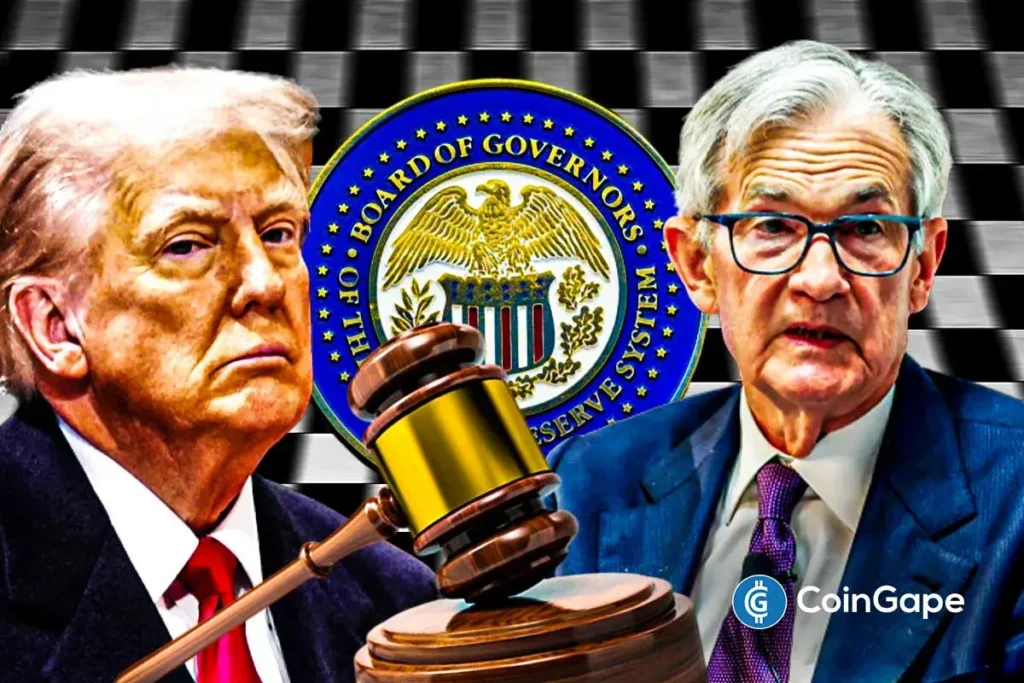Donald Trump Calls for Federal Reserve Rate Cuts Amid Controversy over Jerome Powell
In a recent social media post, U.S. President Donald Trump has raised eyebrows by suggesting he might pursue legal action against Federal Reserve Chair Jerome Powell. Trump’s statement coincided with his push for lower interest rates, particularly following the release of the July Consumer Price Index (CPI) data, which indicated a year-over-year inflation rate of 2.7%, slightly below expectations.
Criticism of Powell’s Management
Trump has been vocal about his dissatisfaction with Powell’s management of the Federal Reserve’s renovation projects, particularly criticizing the $3 billion price tag for renovations that he claims should have only cost around $50 million. In a pointed remark, he labeled Powell’s tenure as “horrible” and “grossly incompetent.” This public lashing is part of a broader narrative aimed at highlighting what Trump sees as failures within the Federal Reserve, particularly concerning monetary policy and inflation management.
Calls for Rate Cuts Intensify
Following the release of the inflation data, Trump intensified his calls for the Federal Reserve to reduce interest rates. He noted that Powell’s hesitation in making necessary adjustments has caused "incalculable" damage to the economy. Trump’s assertion that the economy continues to prosper despite Powell’s inaction raises questions about the efficacy of the Fed’s current policies. The insistence on a rate cut reflects an urgency to stimulate economic growth further, highlighting the administration’s concern about inflationary pressures.
Tariff Impact on Inflation Debated
In the backdrop of Trump’s statements, market analysts are scrutinizing the impacts of his tariffs on inflation. While Powell had been initially cautious, urging to "wait and see," Trump has countered that tariffs are not the main drivers of inflation. He claims that consumer spending is unaffected by these tariffs and emphasized that significant cash inflows are supporting the economy. This debate over the tariffs adds another layer of complexity to the ongoing discussions about monetary policy and economic health.
Insights from Stephen Miran on CPI Data
Donald Trump’s nominee, Stephen Miran, has also weighed in on the inflation debate, expressing satisfaction with the July CPI figures in a CNBC interview. He stated that inflation appears “well-behaved,” further supporting Trump’s claim that there is little evidence of tariff-induced inflation. Miran’s commentary aligns with the administration’s narrative that inflation rates have been manageable and stable since Trump took office, casting doubt on the narrative that drastic actions are needed.
Conclusion: The Future of U.S. Monetary Policy
As this public dispute unfolds, the future of U.S. monetary policy remains uncertain. Trump’s aggressive stance against Powell and calls for rate cuts signal a broader narrative concerning the Fed’s role in shaping economic outcomes. While the July CPI data suggests that inflation control is somewhat stable, the tensions between the White House and the Federal Reserve could influence future monetary strategies. Investors and economists alike will be closely monitoring these developments as they impact not only the U.S. economy but also global financial markets.


